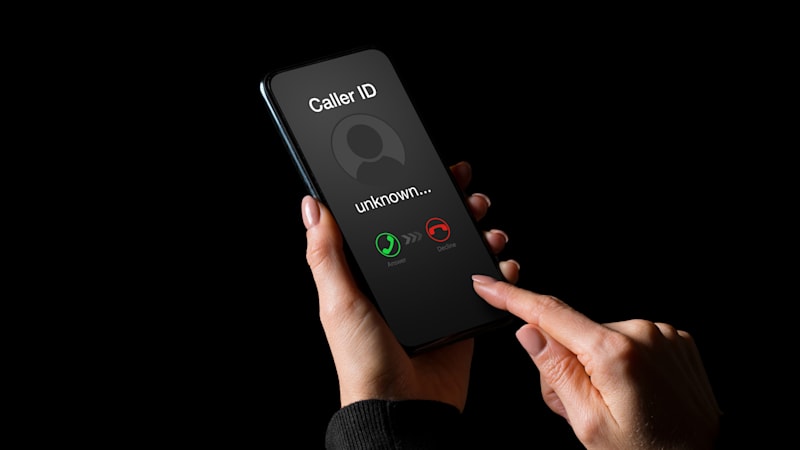FTC says robocalling extended car warranty company is a scam

Those of you old enough, remember when the telemarketing industry made answering your landline more hassle than it was worth? Then, after more than a decade of that plague, remember when the Federal Trade Commission (FTC) began enforcing the Do Not Call registry in 2003, and it was going to end the onslaught? And then do you remember how it’s 19 years later and, thanks to the technology of robocalls, the plague is now bad enough that the Israelites would have asked, “Can we have the locusts back?” The FTC has finally cranked up its legal machinery to take aim at an issue close to our purview: extended auto warranties.
The FTC has filed a complaint in the U.S. District Court for the Southern District of Florida against American Vehicle Protection Corp (AVP), headquartered in Pompano Beach, and associated defendants and businesses including Tony Allen Gonzalez, Charles Gonzalez, and Daniel Kole.
The government agency put out a note last year explaining that if “Susie” from the “Vehicle Service Department” calls, hang up on her because such calls are illegal and “probably a scam,” then report the call to the Do Not Call list. That didn’t have the desired effect, hence the FTC has extended this long and fiber-optic-arm of the law. The commission alleges that AVP “called hundreds of thousands of consumers nationwide,” many on the Do Not Call list, to sell extended warranties costing from $2,800 to $3,400, making more than $6 million in the past four years. The complaint also alleges the defendants misrepresented who they were, misrepresented the coverage provided by the extended warranty, and despite offering refunds within 30 days if customers weren’t happy, wouldn’t refund the money. The agency wants to bar defendants from continuing the calls to people on the registry, from remotely processing checks for payment, and it wants financial redress for consumers.
Mitchell Roth, lawyer for the defendants, said that once AVP learned of the issues with the FTC, the principals stopped operating in order to revamp operations, and said the FTC can’t sue for financial redress for consumers. Roth told CNN, “AVP is committed to complying with all laws and finds it unfortunate that the commission chose to pursue its lawsuit notwithstanding the changes that it implemented and notwithstanding the limits imposed on its powers by Congress as described in AVP’s lawsuit.”
Not that this is going to stop the flood. Transaction Network Services put the number of robocalls through the first half of 2020 at 22.8 billion, while YouMail’s Robocall Index put the number of robocalls in September 2020 at 126.9 million per day. Of YouMail’s top 50 robocallers in the U.S. in December 2021, about half are major corporations like Capital One, Wells Fargo, Ally Financial, Chrysler Financial, AT&T, Comcast, and Spectrum. And scams run deeper than trying to get someone to purchase a product or make a donation; a piece in the Wall Street Journal explained how scammers can make money just by having a phone number match a caller ID name in a database, and no one has to answer the phone for the scam to profit. Even so, we applaud the FTC for taking this step.







